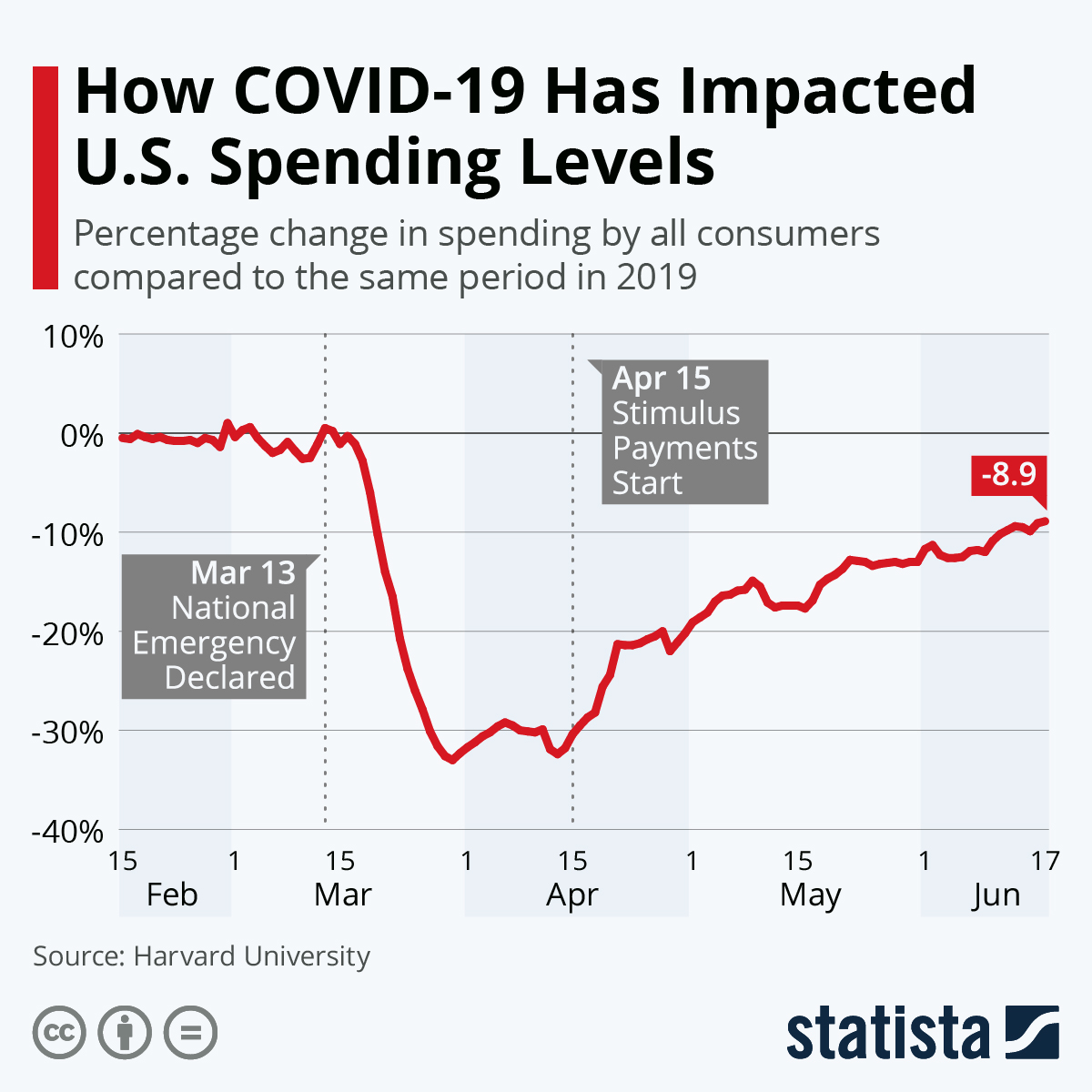
In a dramatic shift, Malcolm Gladwell, the celebrated author of “Outliers” and “The Tipping Point,” has publicly expressed deep regret over his past handling of the transgender athletes debate. This “Cowed” Confession, as it might be termed, centers on his feeling “ashamed” for not voicing his true beliefs at a 2022 sports analytics conference. Gladwell now asserts that transgender women should not compete in women’s sports, a stark contrast to his previous, more guarded public statements. His revised stance, revealed on “The Real Science of Sport” podcast on September 3, 2025, has ignited a firestorm of discussion and controversy.
Gladwell’s Regret: A Public Reversal
Malcolm Gladwell, 62, is now openly critical of his own conduct at the MIT Sloan Sports Analytics Conference in March 2022. During a panel discussion titled “Transgender Athletes: A Conversation led by Malcolm Gladwell on Data and Participation Policy,” he admits he felt pressured to conform to what he perceived as the prevailing sentiment. This pressure, he says, led him to moderate the discussion in a way that did not accurately reflect his personal convictions. According to Newsweek, Mediaite, Out Magazine, SSBCrack News, Fox News, and LetsRun.com, the podcast appearance marks a significant turning point in Gladwell’s public engagement with the contentious issue of trans athletes in women’s sports.
The 2022 Conference: A Moment of Shame
Gladwell specifically recalls a moment during the 2022 panel that solidified his current viewpoint. He recounts a trans athlete’s assertion that if trans women are allowed to compete, “we have to let them win.” Gladwell described this statement as “nuts.” This interaction, combined with the perceived pressure to align with a specific viewpoint, contributed to his feeling “cowed” and ultimately ashamed of his performance. He now believes the transgender movement, in this context, has pushed for an extreme position, prioritizing unquestioned acceptance of physical advantages over a more balanced approach that respects both inclusivity and fairness.
The “Cowed” Confession: Details of the Podcast Appearance
On “The Real Science of Sport” podcast, co-hosted by Dr. Ross Tucker, Gladwell articulated his revised position with considerable force. He stated unequivocally that “trans women have no place” competing in categories designated for athletes assigned female at birth. This statement represents a clear departure from his previous public stance, where he arguably adopted a more neutral or even supportive tone. The podcast appearance, broadcast on Tuesday, September 3, 2025, has since become a focal point in the ongoing debate about transgender athletes, drawing both praise and criticism.
Gladwell’s Reasoning: Physical Advantages and Fairness
Gladwell’s reasoning centers on the perceived physical advantages that transgender women may possess, even after hormone therapy. He argues that allowing trans women to compete in women’s sports effectively undermines the fairness and integrity of those competitions. He suggests that the transgender movement, in this specific context, has prioritized the unconditional acceptance of these advantages over the need for a level playing field. This perspective aligns with concerns raised by some sports scientists and female athletes who argue that biological differences between cisgender and transgender women can create an uneven competitive environment.
Impact and Reactions: A Tipping Point?
The fallout from Gladwell’s revised stance has been significant. As reported by multiple news outlets, his comments have sparked intense debate and discussion across various platforms. Some observers believe his shift could represent a “tipping point” in the broader conversation about transgender athletes, potentially influencing public opinion and policy decisions. However, others remain skeptical, questioning the sincerity and motivation behind Gladwell’s change of heart.
Criticism and Support: A Divided Response
The reactions to Gladwell’s comments have been sharply divided. Independent writer Benjamin Ryan, as reported by several sources, has suggested that Gladwell’s shift could indeed serve as a “tipping point,” signaling a potential change in the prevailing narrative. Conversely, MSNBC analyst Tim Miller has criticized Gladwell, accusing him of opportunistically aligning his views with current popular opinions rather than expressing genuine conviction. This criticism has led to accusations of disingenuousness from some quarters, while others have welcomed Gladwell’s newfound position as a courageous and necessary contribution to the debate.
Looking Ahead: The Future of the Debate
Gladwell’s controversial stance injects a new dynamic into the already complex and emotionally charged discussion surrounding transgender athletes. His prominence as a public intellectual and best-selling author ensures that his views will be widely disseminated and debated. Whether his revised position will ultimately influence policy decisions or shift public opinion remains to be seen. However, his decision to publicly express his regret and articulate his current beliefs has undoubtedly amplified the conversation and forced a re-evaluation of existing perspectives. The debate is likely to continue, with various stakeholders advocating for different solutions and approaches to ensure both inclusivity and fairness in sports.
Malcolm Gladwell’s public shift on transgender athletes highlights the complexities and sensitivities surrounding this issue. His regret over past silence and his current stance underscore the ongoing debate about balancing inclusivity and fairness in sports. As the discussion evolves, it’s crucial to consider diverse perspectives and strive for solutions that uphold the integrity of athletic competition while respecting the rights and dignity of all individuals.
